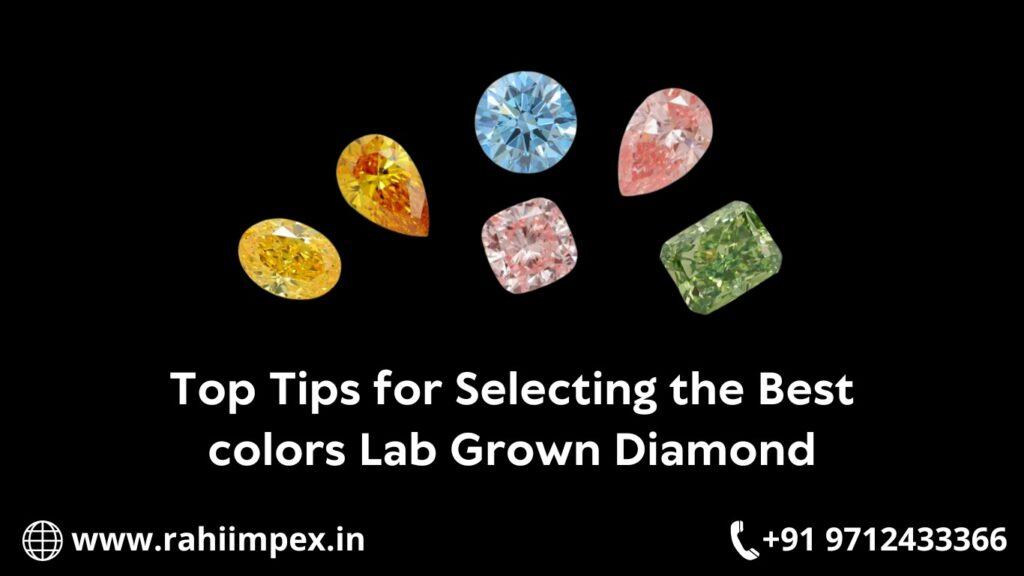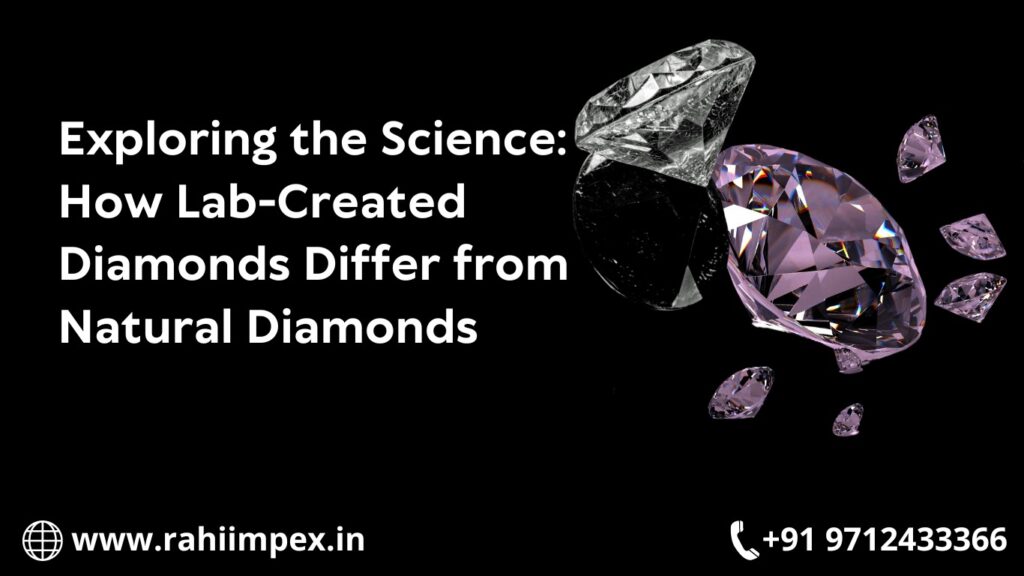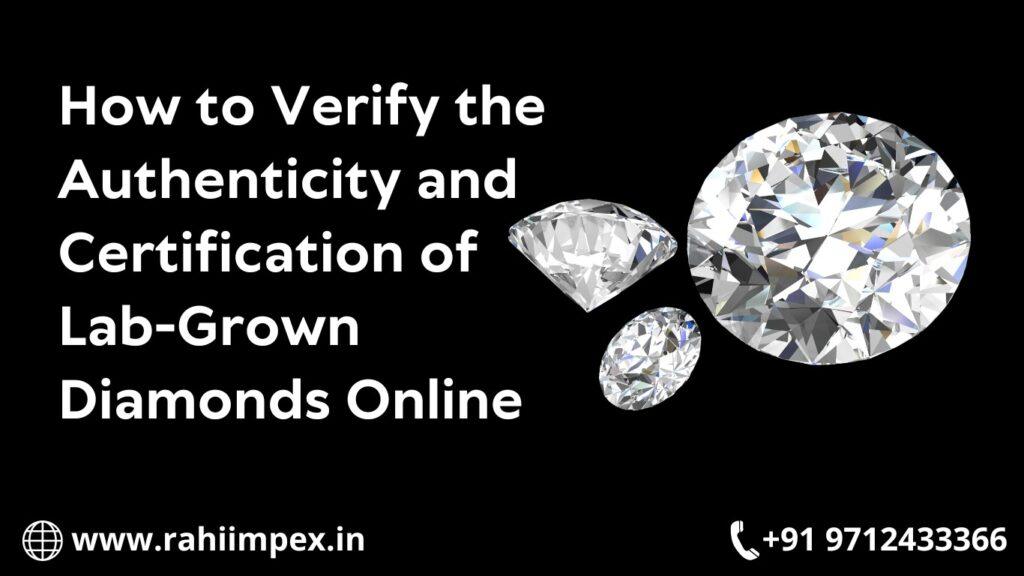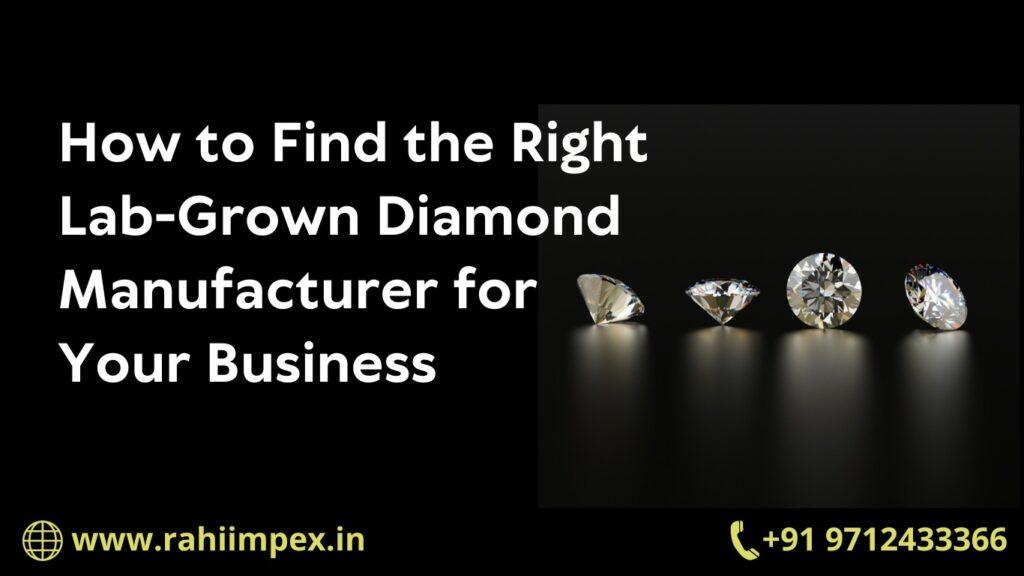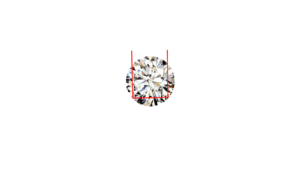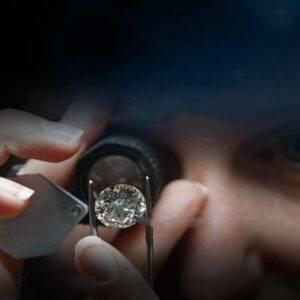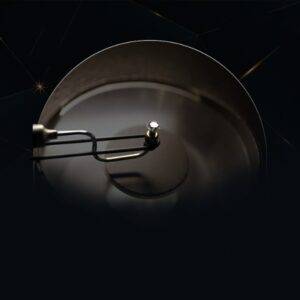Top Tips for Selecting the Best Colors Lab Grown Diamond
Lab grown diamonds have become increasingly popular for their eco-friendly production and affordability, while still offering the same brilliance and durability as natural diamonds. When it comes to choosing the perfect lab grown diamond, the color can significantly influence the diamond’s overall look and appeal. Lab grown colored diamonds come in a variety of stunning shades, from classic whites to vibrant hues of yellow, blue, and pink.
In this blog, we will explore the top tips for selecting the best colors lab grown diamond to suit your taste and preference.
1. Understand the Color Grading System
When it comes to diamonds, color plays a crucial role in determining their overall appearance and value. In lab grown diamonds, the color grading system is similar to natural diamonds, with colorless or near-colorless diamonds being the most sought-after for classic white diamonds.
- D to F: These are considered colorless diamonds, where D is the highest grade, indicating a perfectly colorless diamond.
- G to J: These fall under the “near-colorless” category, where the difference in color is hard to detect without special equipment.
- K to Z: These diamonds will show more noticeable shades of yellow or brown as you move further down the scale.
For colored diamonds, the intensity of the hue is more important than the grading system. Colorful diamonds, such as yellow, blue, and pink, are graded based on the saturation of the color, ranging from “faint” to “vivid” or “intense.”
When choosing a lab grown colored diamond, aim for a stone with a vivid or intense hue for the most striking visual impact.
2. Choose a Color That Suits Your Style
When selecting the best color for your lab grown diamond, it’s essential to consider your style and taste. The color of a diamond should resonate with your aesthetic and preferences, as it is a long-term investment.
Here are some popular lab grown diamond colors to consider:
- White Diamonds: Timeless and classic, white diamonds are the most popular choice for engagement rings and other fine jewelry.
- Yellow Diamonds: If you prefer something unique and sunny, yellow diamonds offer a bold and sophisticated look. These diamonds are also associated with joy and optimism.
- Blue Diamonds: Blue lab grown diamonds exude elegance and rarity. They make a stunning statement in jewelry, particularly for those who appreciate cool, calm tones.
- Pink Diamonds: Known for their romantic and delicate appeal, pink diamonds have gained immense popularity due to their feminine and graceful charm.
- Green Diamonds: Green diamonds are a unique and rare option, often chosen for their earthy and natural appearance.
3. Assess the Saturation of the Diamond
For colored lab grown diamonds, the saturation and intensity of the color are critical factors. Diamonds with faint or light color saturation may appear washed out, while diamonds with deep, vivid colors tend to be more desirable and visually striking.
When selecting a lab grown colored diamond, always aim for a high level of color saturation. Diamonds labeled as “Fancy Vivid” or “Fancy Intense” generally exhibit the richest, most vibrant hues. These are typically more valuable and stand out more in jewelry settings.
4. Consider the Diamond’s Cut
The cut of a diamond greatly influences how its color is perceived. A well-cut diamond will reflect light more effectively, enhancing the color’s brilliance and giving the diamond a more vibrant appearance. This is particularly important when selecting colored diamonds.
Certain cuts can accentuate the color of a diamond. For example:
- Radiant and Cushion cuts tend to intensify a diamond’s color, making them great options for colored diamonds like yellows and blues.
- Round cuts maximize brilliance but may disperse the color more evenly, making the hue appear lighter.
- Princess and Oval cuts are ideal for those seeking a balance between brilliance and color saturation.
Choosing the right cut not only enhances the color but also maximizes the diamond’s sparkle, ensuring a stunning final piece.
5. Pair It with the Right Metal
The metal setting you choose for your lab grown colored diamond can either enhance or diminish the color’s impact. Certain metals work better with specific diamond colors, creating a harmonious look.
- White Gold or Platinum: These cool-toned metals are perfect for white diamonds or blue diamonds, allowing the diamond’s color to stand out clearly.
- Yellow Gold: Yellow diamonds or green diamonds pair beautifully with yellow gold, as it complements the warm undertones of these hues.
- Rose Gold: This soft, romantic metal pairs wonderfully with pink diamonds, enhancing their rosy tones for a stunning overall effect.
Make sure the metal complements the diamond’s color for a cohesive and visually pleasing result.
6. Determine Your Budget
Lab grown colored diamonds are generally more affordable than their natural counterparts, but prices can still vary significantly based on the diamond’s color, size, and cut. Decide on a budget before you begin your search, and focus on finding the best diamond within that range.
While rare colors such as pink and blue are often more expensive, yellow diamonds and other popular colors may be more affordable. Prioritize your preferences, but stay within your budget to find a diamond that offers both beauty and value.
7. Check the Certification
Always ensure that the lab grown diamond you’re purchasing comes with proper certification from a reputable gemological laboratory, such as the Gemological Institute of America (GIA) or the International Gemological Institute (IGI). The certification will provide important details about the diamond’s color, cut, carat weight, and clarity, giving you confidence in your purchase.
Conclusion
Choosing the best lab grown colored diamond involves understanding color grading, selecting a hue that fits your style, and considering factors like cut, saturation, and metal pairing. By following these tips, you can find a stunning lab grown diamond that not only fits your preferences but also shines with brilliance for years to come.
Top Tips for Selecting the Best Colors Lab Grown Diamond Read More »
